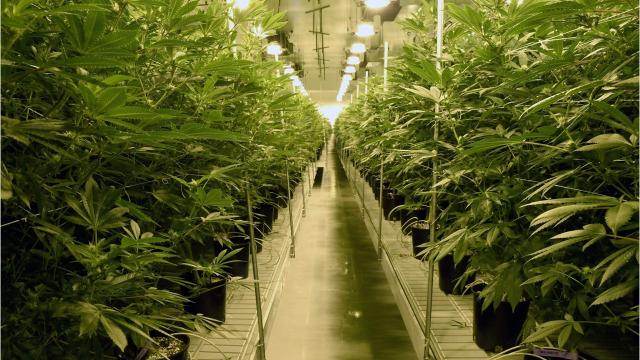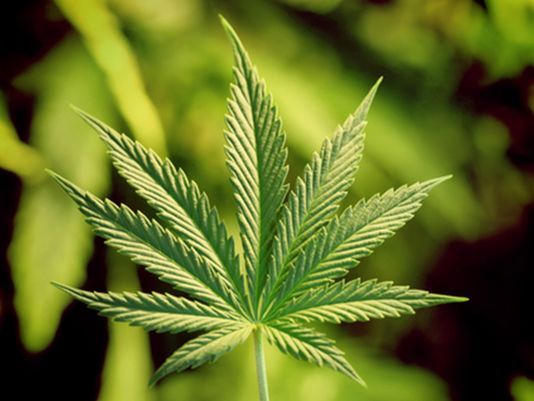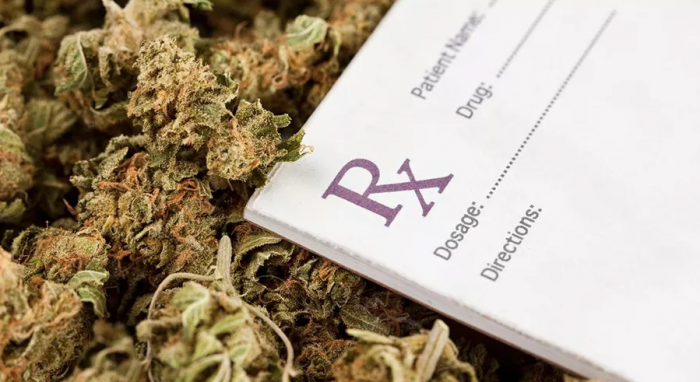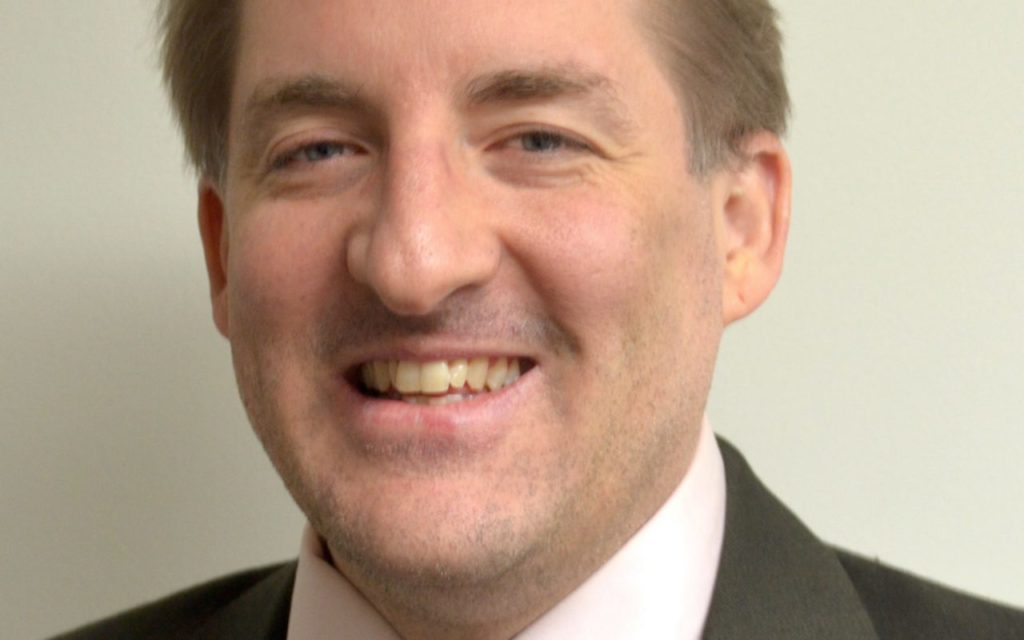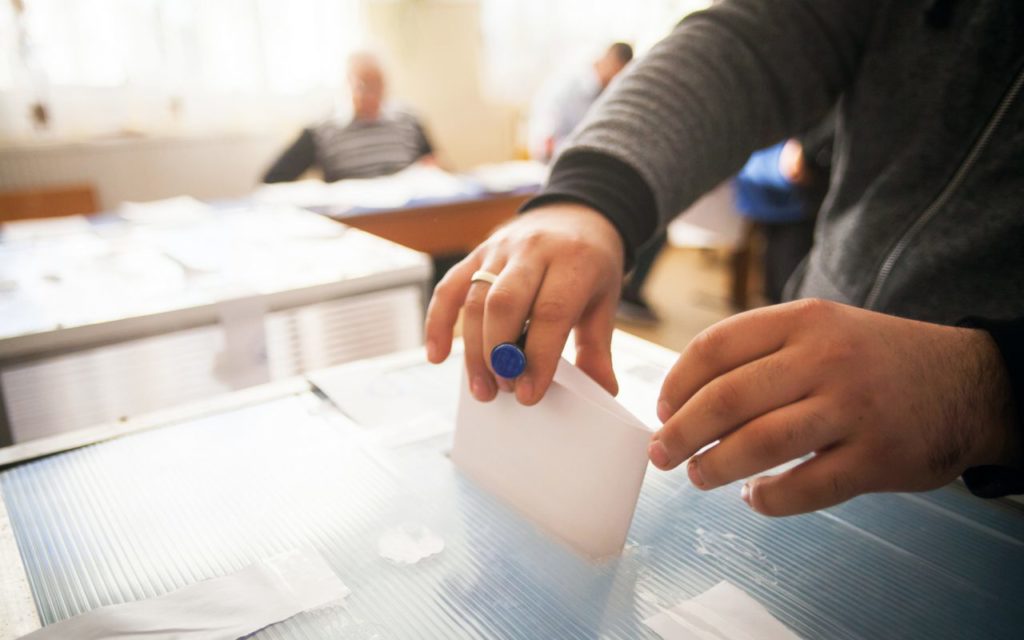One year following an FBI pot sting in a family restaurant parking lot, a Dearborn Heights man who was stung in the setup pleaded guilty to bribing Garden City officials for help with growing a medical marijuana business.
Specifically, Ali Baydoun, 52, was charged with conspiring with two others to bribe public officials in order to obtain authorization to open a medical marijuana dispensary in Garden City, and for a plant grow.
In U.S. District Court today, Baydoun admitted that on Dec. 2, 2016, he along with two associates delivered an evenlope containing $15,000 in cash bribes to a Garden City official. The money was to be divided into three bribes of $5,000 for three Garden City officials.
But unbeknownst to Baydoun, he was handing the money off to an official who was working undercover for the government — not a politician.
According to the U.S. Attorneys office, Baydoun also had placed $150,000 in an account as escrow to pay future bribes to officials.
Baydoun faces up to five years in prison when he is sentenced in April.
Also on Freep.com:
The criminal case first surfaced in a forfeiture filing in U.S. District Court in Detroit, where the FBI offered a glimpse into how potentially lucrative Michigan’s $1-billion medical pot business could be to entrepreneurs. According to documents filed in the Beydoun case, a Garden City restaurant owner told a public official that he could make $4 million a year from a marijuana grow operation and that he was willing to pay substantial bribes to make it happen.
Garden City Council Member Mark Jacobs had previously said that the city was aware of the bribery allegations and the FBI investigation — but that it did not know the specific details about what happened or how much money was involved.
Michigan voters legalized medical marijuana in 2008, but bare-bones regulation of the drug created a so-called Wild West landscape, with patients concerned about safety, quality and security of supply.
In 2015, the marijuana industry saw $6.8 billion in sales and is projected to grow to $21.6 billion by 2021, according to Arcview Market Research, a California-based company that tracks the marijuana industry. Those figures are for recreational and medicinal marijuana.
In Michigan, medical marijuana revenues are estimated at more than $700 million under full legalization, matching revenues seen in eight other states.
credit:freep.com

